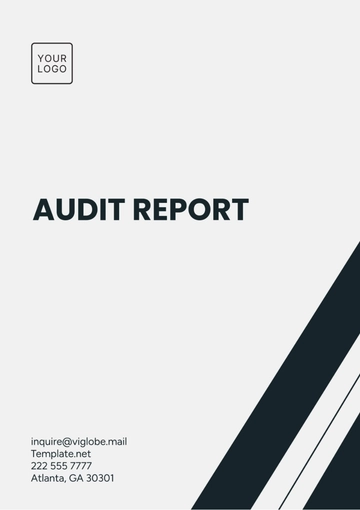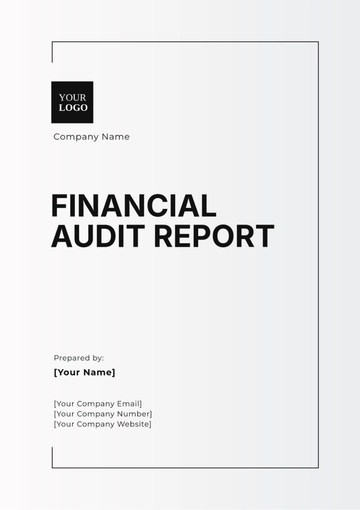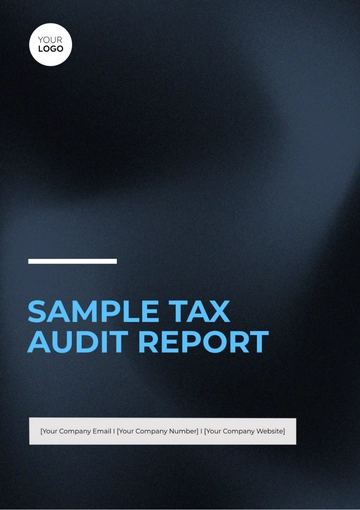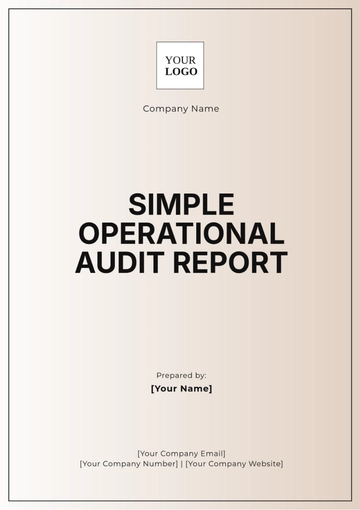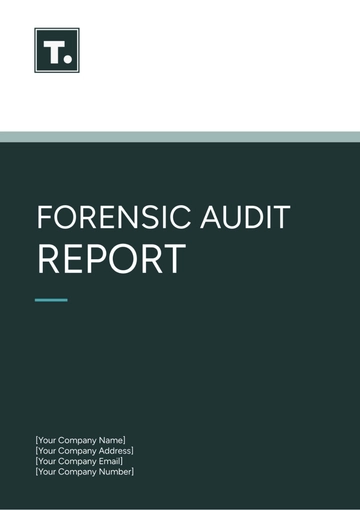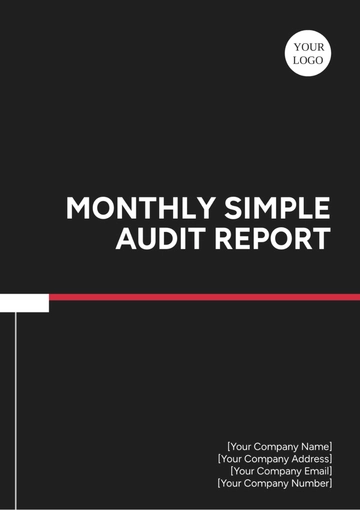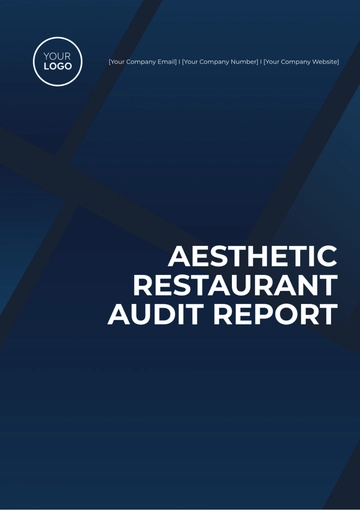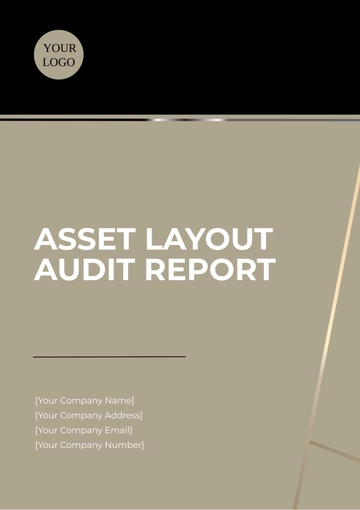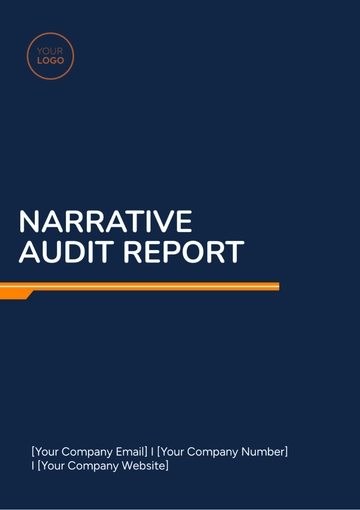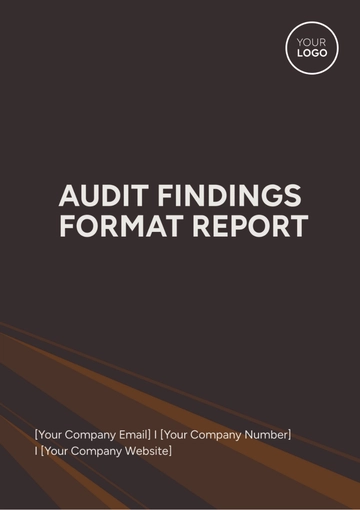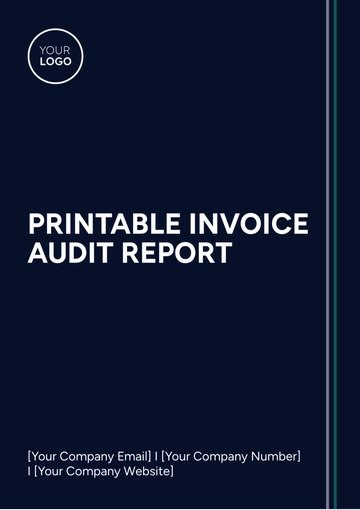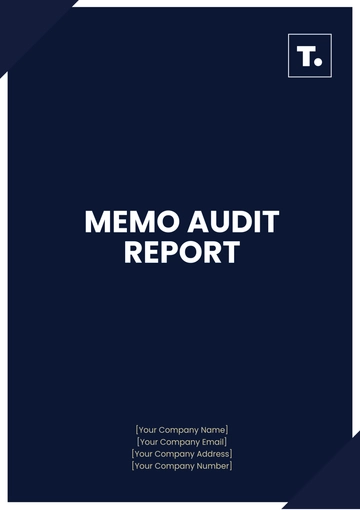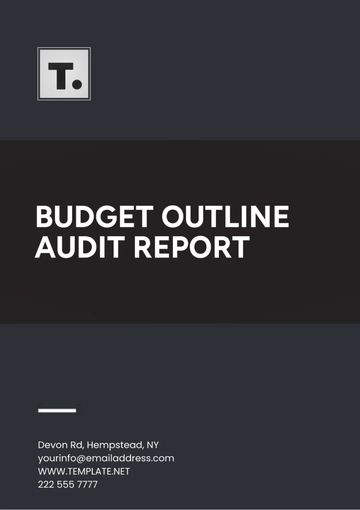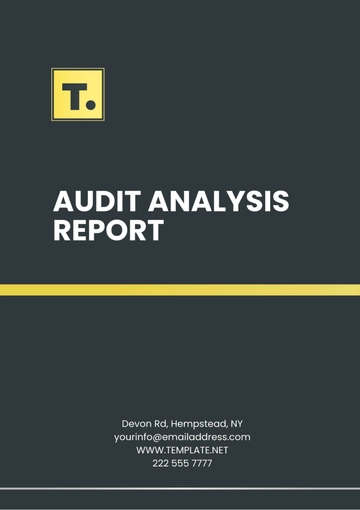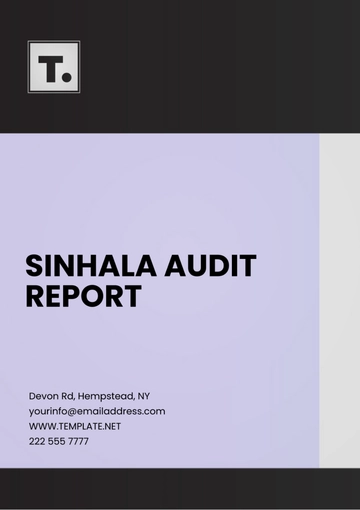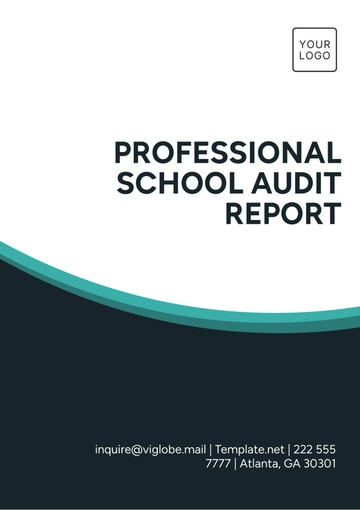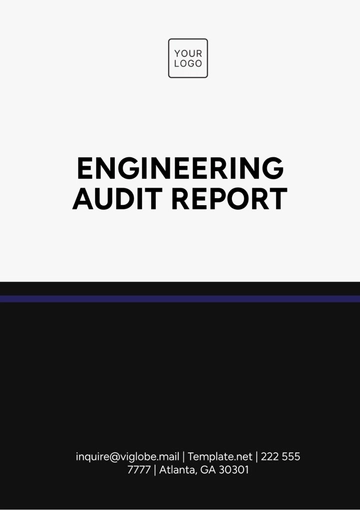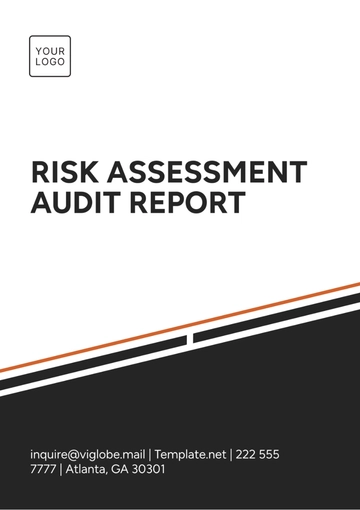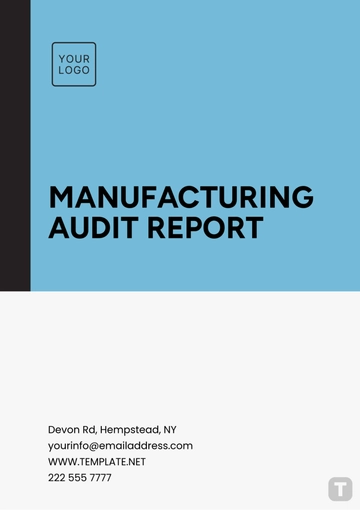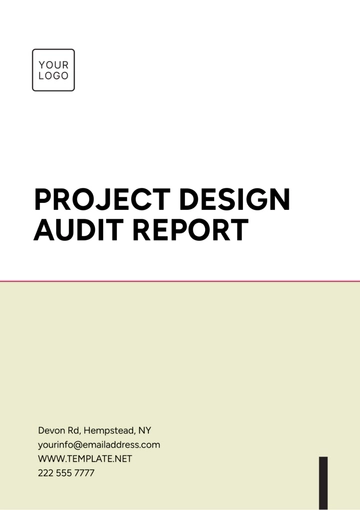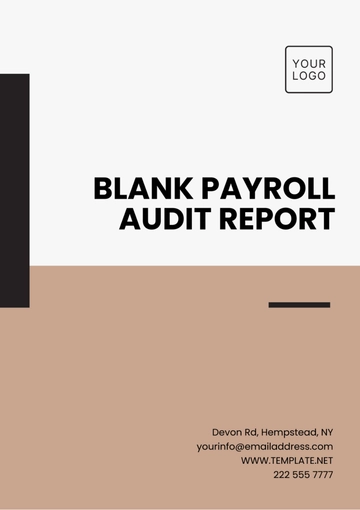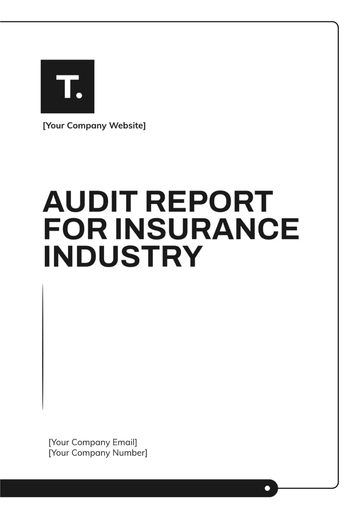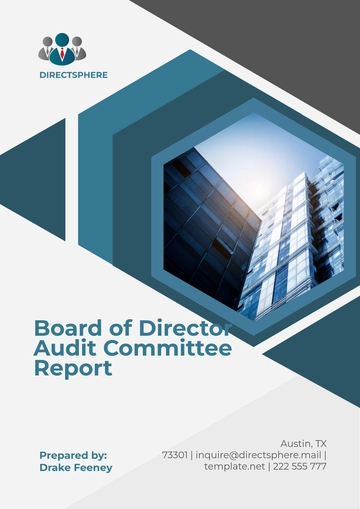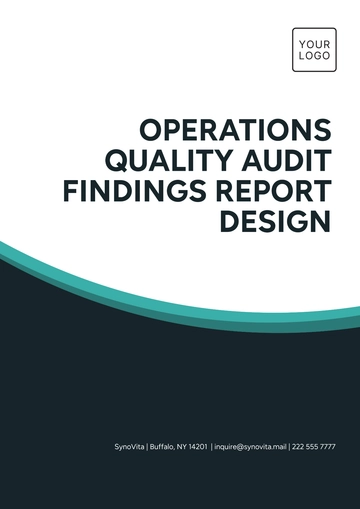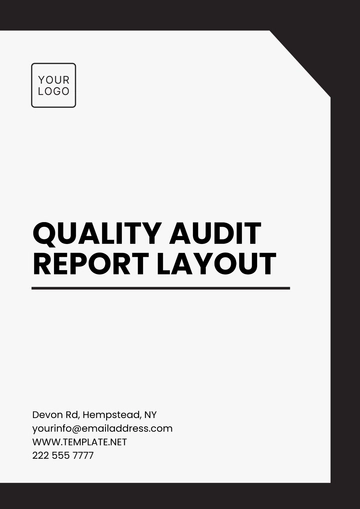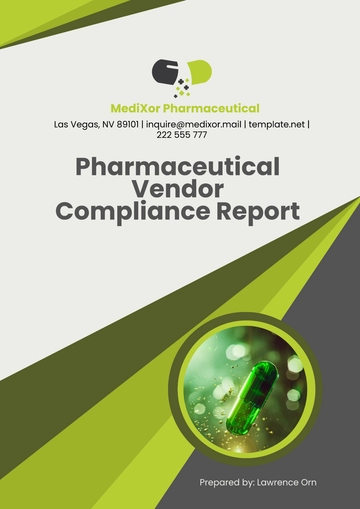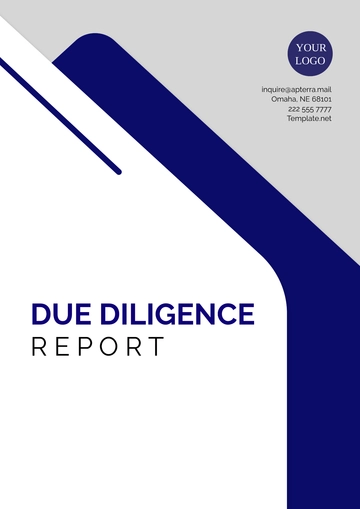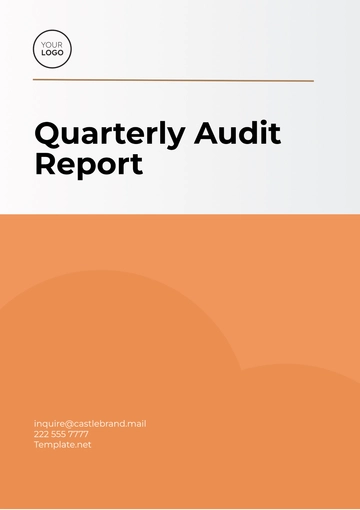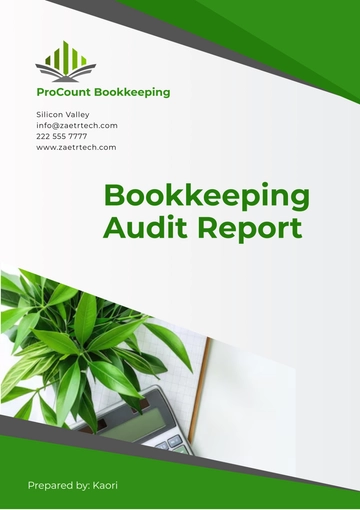Free Administration Financial Audit Report
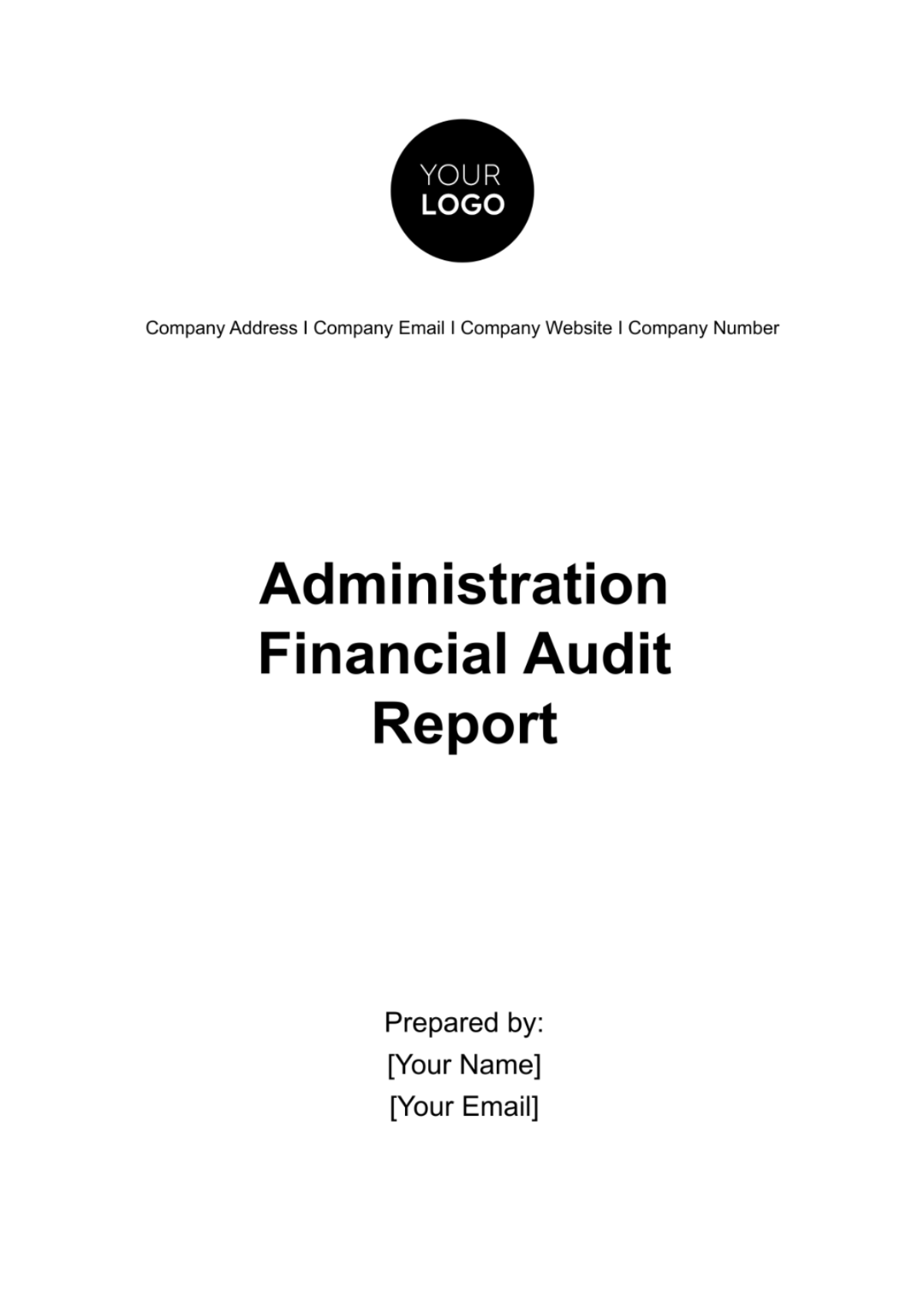
This financial audit report provides an overview of the financial activities and performance of our comprehensive administration initiatives. Through a thorough examination of financial records, transactions, and internal controls, this report aims to ensure transparency, accuracy, and accountability in the management of funds allocated for community development.
Introduction
As stewards of public funds and resources, it is imperative that we maintain the highest standards of financial integrity and accountability in our comprehensive administration endeavors. This financial audit report serves as a tool to evaluate the effectiveness of our financial management practices and identify areas for improvement.
Scope of Audit
The financial audit conducted for comprehensive administration encompasses a thorough examination of the financial activities and transactions related to various facets of community development. This audit extends to all departments, programs, and initiatives involved in the administration of funds allocated for education, healthcare, infrastructure, and economic development.
Education:
Evaluation of financial resources allocated to educational institutions, including schools, colleges, and vocational training centers.
Assessment of expenditures related to curriculum development, teacher salaries, student support services, and facility maintenance.
Review of grants and scholarships awarded to students and educational institutions to promote academic achievement and access to higher education.
Healthcare:
Examination of financial resources allocated to healthcare facilities, including hospitals, clinics, and community health centers.
Analysis of expenditures related to medical supplies, equipment purchases, staff salaries, and patient care services.
Review of funding provided for preventive care programs, health education initiatives, and outreach efforts to underserved populations.
Infrastructure:
Audit of financial allocations for infrastructure projects, including transportation, housing, utilities, and environmental sustainability initiatives.
Assessment of expenditures related to construction, maintenance, and renovation of public infrastucture assets.
Review of contracts with vendors, contractors, and consultants involved in infrastructure development and management.
Economic Development:
Evaluation of financial resources allocated to economic development programs, including job training initiatives, small business support services, and entrepreneurship development.
Analysis of expenditures related to business grants, loans, and incentive programs aimed at stimulating economic growth and job creation.
Review of funding provided for workforce development, industry-specific training programs, and economic revitalization efforts in distressed communities.
Cross-Cutting Areas:
Examination of cross-cutting financial activities and transactions that impact multiple sectors, such as administrative expenses, overhead costs, and interdepartmental allocations.
Assessment of financial reporting processes, budgetary controls, and allocation methodologies used to distribute funds across different community development initiatives.
Review of compliance with grant requirements, donor restrictions, and regulatory guidelines governing the use of public funds for community development purposes.
Audit Objectives
Evaluate the accuracy and completeness of financial records and transactions.
Assess compliance with relevant laws, regulations, and funding requirements.
Determine the effectiveness of internal controls and risk management practices.
Identify any instances of fraud, waste, or financial mismanagement.
Audit Findings
Financial Records and Transactions: Financial records were found to be accurately maintained and supported by appropriate documentation. Transactions were properly recorded, classified, and reconciled.
Compliance: Overall compliance with relevant laws, regulations, and funding requirements was satisfactory. However, minor instances of non-compliance were identified and promptly addressed.
Internal Controls: Internal controls were generally effective in safeguarding assets and preventing unauthorized use of funds. However, certain control weaknesses were identified, particularly in the areas of procurement and contract management.
Fraud and Mismanagement: No evidence of fraud or financial mismanagement was identified during the audit period. However, recommendations were made to strengthen controls and mitigate potential risks.
Recommendations
Enhance procurement procedures to ensure competitive bidding and adherence to procurement policies.
Strengthen contract management practices to monitor vendor performance and mitigate contractual risks.
Implement periodic training programs for staff members involved in financial management to ensure compliance with policies and procedures.
Conduct regular reviews of internal controls and risk management processes to identify and address control weaknesses proactively.
Conclusion
Overall, the financial audit findings indicate that our comprehensive administration initiatives have been managed with diligence and integrity. While certain areas for improvement were identified, we remain committed to upholding the highest standards of financial stewardship and accountability. By implementing the recommendations outlined in this report, we will further enhance our ability to effectively manage resources and achieve our community development objectives.
- 100% Customizable, free editor
- Access 1 Million+ Templates, photo’s & graphics
- Download or share as a template
- Click and replace photos, graphics, text, backgrounds
- Resize, crop, AI write & more
- Access advanced editor
Streamline your financial audits with Template.net's Administration Financial Audit Report Template. This versatile template offers editable and customizable features, allowing you to tailor your reports effortlessly. Edit directly in our AI Editor Tool for seamless customization. Enhance efficiency and accuracy in your auditing process today.
You may also like
- Sales Report
- Daily Report
- Project Report
- Business Report
- Weekly Report
- Incident Report
- Annual Report
- Report Layout
- Report Design
- Progress Report
- Marketing Report
- Company Report
- Monthly Report
- Audit Report
- Status Report
- School Report
- Reports Hr
- Management Report
- Project Status Report
- Handover Report
- Health And Safety Report
- Restaurant Report
- Construction Report
- Research Report
- Evaluation Report
- Investigation Report
- Employee Report
- Advertising Report
- Weekly Status Report
- Project Management Report
- Finance Report
- Service Report
- Technical Report
- Meeting Report
- Quarterly Report
- Inspection Report
- Medical Report
- Test Report
- Summary Report
- Inventory Report
- Valuation Report
- Operations Report
- Payroll Report
- Training Report
- Job Report
- Case Report
- Performance Report
- Board Report
- Internal Audit Report
- Student Report
- Monthly Management Report
- Small Business Report
- Accident Report
- Call Center Report
- Activity Report
- IT and Software Report
- Internship Report
- Visit Report
- Product Report
- Book Report
- Property Report
- Recruitment Report
- University Report
- Event Report
- SEO Report
- Conference Report
- Narrative Report
- Nursing Home Report
- Preschool Report
- Call Report
- Customer Report
- Employee Incident Report
- Accomplishment Report
- Social Media Report
- Work From Home Report
- Security Report
- Damage Report
- Quality Report
- Internal Report
- Nurse Report
- Real Estate Report
- Hotel Report
- Equipment Report
- Credit Report
- Field Report
- Non Profit Report
- Maintenance Report
- News Report
- Survey Report
- Executive Report
- Law Firm Report
- Advertising Agency Report
- Interior Design Report
- Travel Agency Report
- Stock Report
- Salon Report
- Bug Report
- Workplace Report
- Action Report
- Investor Report
- Cleaning Services Report
- Consulting Report
- Freelancer Report
- Site Visit Report
- Trip Report
- Classroom Observation Report
- Vehicle Report
- Final Report
- Software Report
